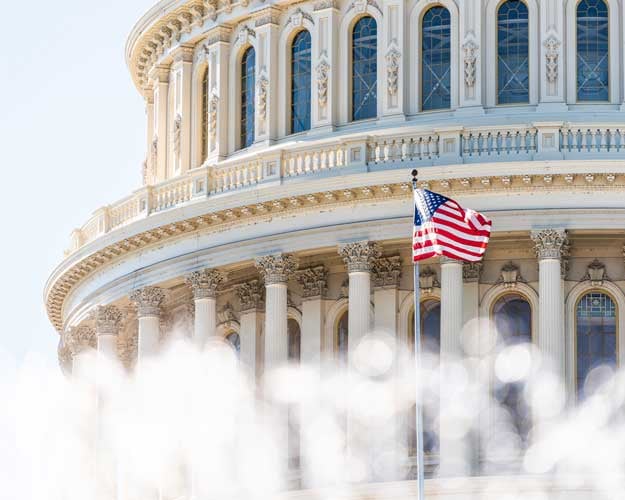Key Takeaways
- Congress has restored the ability for U.S. businesses to immediately deduct domestic R&D expenses, reversing the previous requirement to amortize.
- The new law introduces Section 174A, allowing companies flexibility to either fully expense or elect to amortize eligible R&D costs, while foreign R&D expenses must still be amortized over 15 years.
- Small businesses may retroactively apply the new rules to prior tax years by filing amended returns, and future IRS guidance is expected to clarify the transition and accounting method change.
In a major win for U.S. businesses, the new tax legislation includes a long-awaited fix to Section 174, the provision governing how companies deduct research and development (R&D) expenses.
The bill, formally titled H.R. 1, restores the ability for businesses to immediately deduct domestic R&D expenses, reversing the requirement to amortize those costs over five years. The change applies to tax years beginning after December 31, 2024.
Under the new law, businesses can fully expense the costs of developing new products, software, and processes in the same year those expenses are incurred, provided the work is performed in the United States.The New Section 174A
The bill introduces a new Section 174A, which provides flexibility in how companies treat their qualified research costs, including:
- Companies may immediately deduct eligible domestic R&D expenses, or
- Elect to amortize them (not less than 60 months).
Foreign R&D expenses are not eligible for immediate expensing and must still be amortized over 15 years.
How to Apply the New Legislation
To help businesses transition from the previous rules, the bill allows companies to accelerate the deduction of remaining amortized R&D costs from earlier years (2022 through 2024).
In addition, small businesses, defined as those with average annual gross receipts of $31 million or less for the first taxable year after December 31, 2024, may elect to file amended returns to apply the new expensing provisions retroactively to prior tax years.
To prevent a double tax benefit, the bill includes a provision requiring companies that claim the federal R&D tax credit to reduce their Section 174A deduction by the amount of expenses used to calculate the credit. This coordination rule is consistent with long-standing tax policy aimed at avoiding overlapping incentives for the same expenditure. The application of the Section 280C election applies to future tax years as well as amended years for small businesses if filed within a year of the enactment of this law.
Next Steps for Your Business
The restoration of full R&D expensing is a major victory for innovation-driven industries such as software, aerospace, manufacturing, and biotech and may influence business decisions about where to locate technical teams and development operations.
IRS guidance is expected with regard to making the change in accounting method as well as the amended return process.
Our dedicated R&D tax team is ready to help you get the most impact from this change, whether it be amending prior returns, planning for 2025 and beyond, or structuring R&D expenses under the new rules.
Stay Up to Date

R&D Tax Incentives
Turn your innovation efforts into tax savings with the help of a trusted advisor.
Who We Are
Eide Bailly is a CPA firm bringing practical expertise in tax, audit, and advisory to help you perform, protect, and prosper with confidence.



